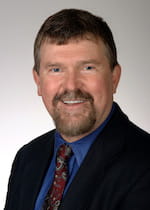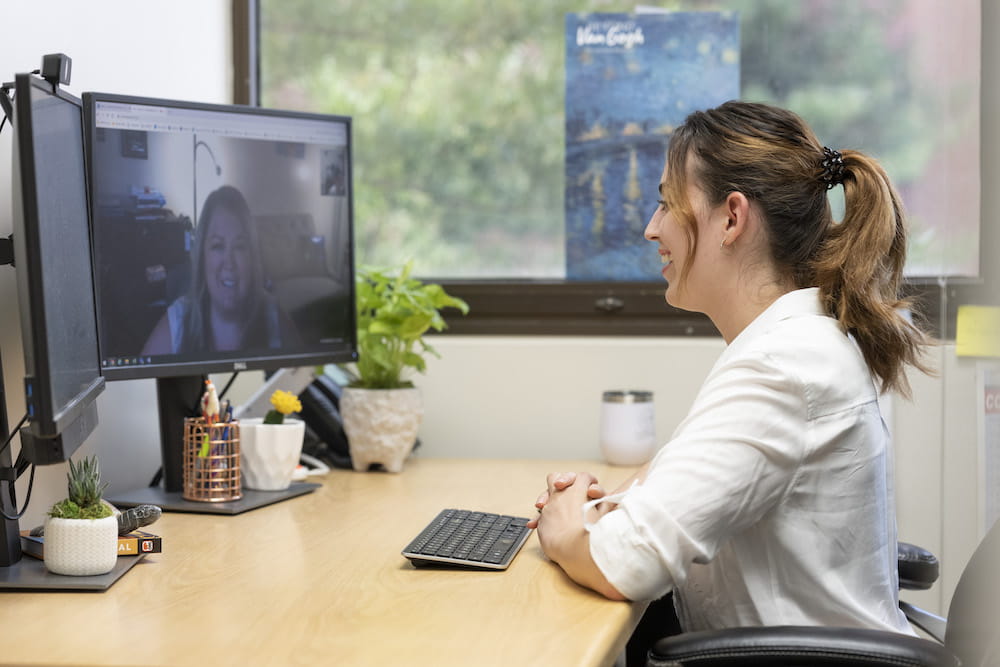The Department of Psychiatry and Behavioral Sciences (DPBS) was recently ranked ninth out of 89 departments of psychiatry in U.S. medical schools for funding from the National Institutes of Health for the fiscal year ending 2023 by the Blue Ridge NIH funding report. Its investigators received more than $34 million in NIH funding during that period. The department has been ranked in the top 10 for NIH funding for 11 of the past 15 years.

Five of its faculty members were ranked in the top 100 researchers in medical schools for NIH funding in 2023. These included Kathleen Brady, M.D., Ph.D.; Kelly Barth, D.O.; Aimee McRae-Clark, Pharm.D.; Howard Becker, Ph.D.; and Tracy Smith, Ph.D. Thirteen faculty members received more than $1 million in NIH funding in 2023.
This accomplishment is even more notable because many of the other highly ranked departments were at much larger institutions with more funds to devote to research support.
"It's truly remarkable what we have achieved, given the size of our academic health care system," said DPBS Chair Thomas Uhde, M.D.
"We're a small but mighty force," said Alyssa Rheingold, Ph.D., DPBS vice chair of Research and Research Administration.
"It's truly remarkable what we have achieved, given the size of our academic health care system."-- Dr. Thomas Uhde
Rheingold also highlighted the department's success in obtaining non-NIH federal funding, along with support from private foundations and corporate funding. When these additional funding sources are factored in, the department received almost $47 million in 2023, marking an increase of 11% since 2022. "I think one of our strengths is the diversity in our research portfolio," said Rheingold.

The department has achieved national recognition for research distinction in numerous areas, including substance use disorders or addiction, civilian and military trauma, mass violence, women's reproductive and behavioral health, tobacco control, anxiety, sleep, mood and sensory processing
disorders. It has also pioneered evidence-based new treatments (e.g., transcranial, vagal and trigeminal nerve stimulation) and ketamine treatments. Department experts have led the way in responding to public health challenges, such as the COVID-19 pandemic, burn-out among health care workers, natural disasters, mass violence and depression.
What is the secret to the department's success in building such a strong record of research and funding?
"We're a small but mighty force,"-- Dr. Alyssa Rheingold
Both Uhde and Rheingold point to the department's culture of collaboration across disciplines, which is the springboard for innovation. Psychiatrists and psychologists work side by side on care teams to offer the best pharmacological and cognitive behavioral treatments. Trainees learn to interact with both on the front lines. Clinical and basic scientists share space and ideas.
"Those interactions lead to all sorts of questions and ideas that lead to research projects that result in fundamental pioneering advances and treatment interventions," said Uhde.
That same spirit leads the department's faculty and trainees to collaborate with other departments at MUSC and with psychiatry departments across the country.
Uhde thinks that this collaborative culture has flourished, thanks in part to the department's stable leadership.
There haven't been many huge transitions," he said. "There's been a lot of stability."

Uhde also points to the department's close ties with the Ralph H. Johnson VA Medical Center as a key ingredient in the department's recipe for success, as it offers an opportunity to test interventions in the VA population. Several faculty members hold joint appointments.
"The ability to bridge what's taking place in our divisions and then extending that to the VA and conducting research there is a vital resource in terms of our productivity and success," said Uhde. "It's critical for advancing knowledge."
The department was also an early adopter of telehealth, as was the VA, using it to provide much-needed mental health treatment across the state. It continues to innovate ways in which technology can improve mental health care in South Carolina.
The goal of improving the lives of people with mental health issues across the state, nation and world drives the work of the department's researchers.
"At the end of the day, the work that our department does is about understanding what research can do to help people who struggle with mental health difficulties," said Rheingold.
For Uhde, it's about bringing research breakthroughs and innovations to the community, improving the quality of and access to mental health care. That's why he's a strong supporter of dissemination and implementation science, which focuses on translating these breakthroughs from controlled research settings into real-world practice.
"That's the bridge, in my view, between our research innovations and implementing and delivering improved services throughout the state," said Uhde.






